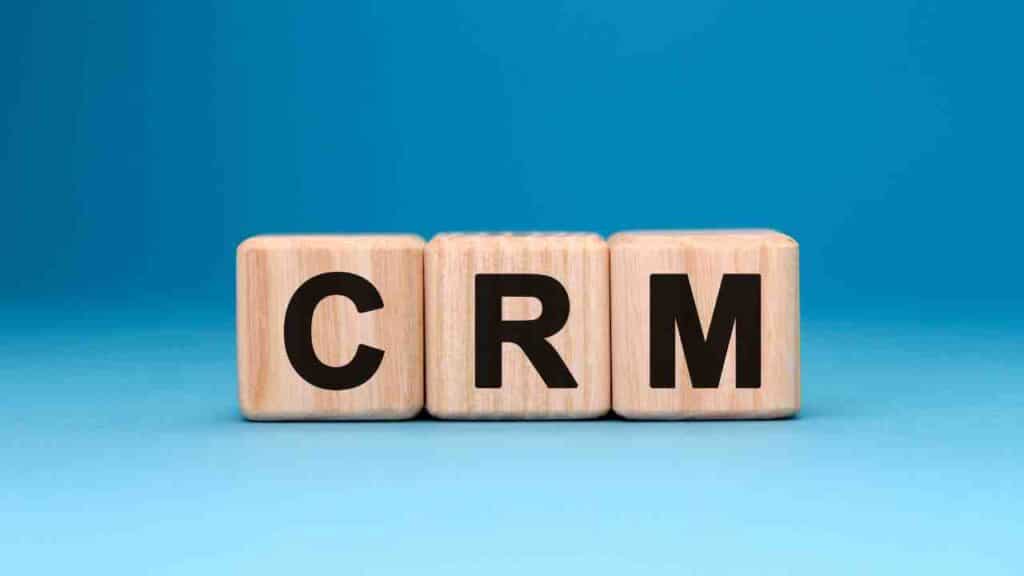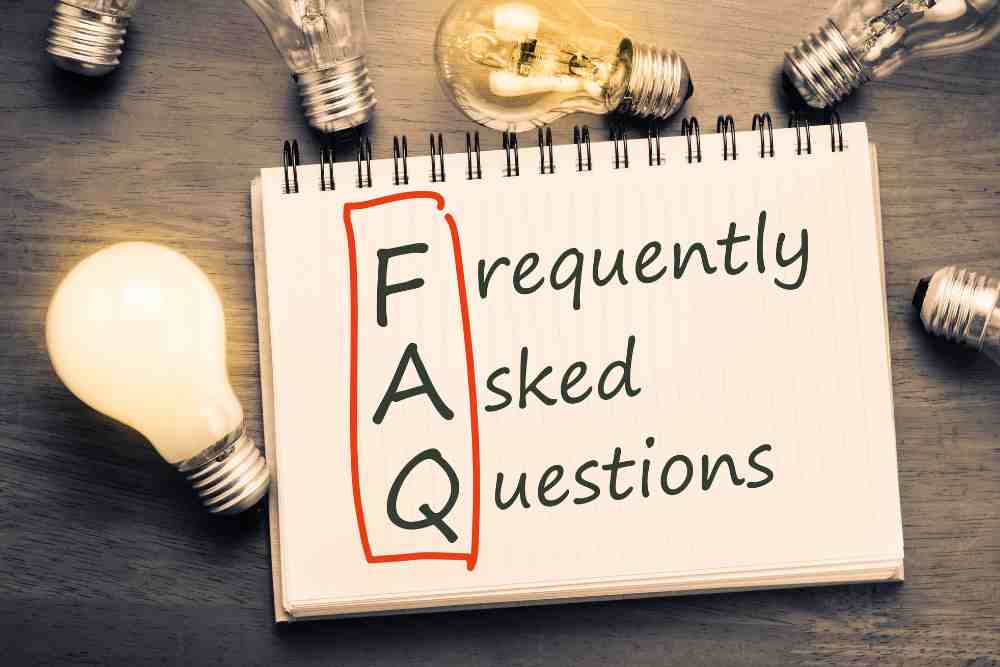Automating Data Collection with a CRM Platform

In today’s digital age, data is the lifeblood of businesses. It provides valuable insights into customer behavior, helps identify trends, and enables informed decision-making. However, manually collecting and managing data can be a time-consuming and error-prone process. That’s where Customer Relationship Management (CRM) platforms come in. By automating data collection, CRM platforms streamline the process, saving time and improving accuracy. In this article, we will explore the benefits of automating data collection with a CRM platform and how it can revolutionize your business.
The Importance of Data Collection
Data collection is crucial for businesses of all sizes. It allows organizations to understand their customers better, track sales and marketing efforts, and make data-driven decisions. Without accurate and timely data, businesses may miss out on opportunities, fail to identify customer needs and struggle to stay competitive in the market.
Traditionally, data collection involved manual processes such as filling out forms, recording information in spreadsheets, and manually inputting data into databases. These methods are not only time-consuming but also prone to human error. With the advent of CRM platforms, businesses can automate the data collection process, ensuring accuracy and efficiency.
The Role of CRM Platforms in Data Collection
A CRM platform is a software solution that helps businesses manage customer relationships, track interactions, and streamline sales and marketing processes. One of the key features of a CRM platform is its ability to automate data collection. Here’s how CRM platforms facilitate automated data collection:
- Centralized Data Storage: A CRM platform provides a centralized database where all customer information is stored. This eliminates the need for multiple spreadsheets or paper records, ensuring data consistency and accessibility.
- Integration with Multiple Data Sources: CRM platforms can integrate with various data sources, such as websites, social media platforms, and email marketing tools. This allows businesses to collect data from different channels and consolidate it in one place.
- Automated Data Entry: Instead of manually inputting data, CRM platforms can automatically capture and record customer information. For example, when a customer fills out a contact form on a website, the CRM platform can instantly create a new lead or contact record.
- Data Enrichment: CRM platforms can enrich existing data by automatically pulling additional information from external sources. For instance, a CRM platform can fetch social media profiles or company details based on a customer’s email address.
- Real-time Data Updates: With a CRM platform, data is updated in real-time. This means that any changes or updates made by customers or employees are immediately reflected in the CRM system, ensuring data accuracy.
Benefits of Automating Data Collection with a CRM Platform
Automating data collection with a CRM platform offers numerous benefits for businesses. Let’s explore some of the key advantages:
1. Time Savings
Manual data collection is a time-consuming process that involves repetitive tasks. By automating data collection with a CRM platform, businesses can save valuable time that can be allocated to more strategic activities. For example, instead of spending hours manually inputting data, employees can focus on analyzing the collected data and deriving actionable insights.
2. Improved Data Accuracy
Human error is inevitable when manually collecting and entering data. Typos, missing information, and inconsistencies can lead to inaccurate data, which can have severe consequences for businesses. By automating data collection, CRM platforms minimize the risk of human error, ensuring data accuracy and reliability.
3. Enhanced Customer Insights
A CRM platform captures a wealth of customer data, including contact information, purchase history, and interactions. By automating data collection, businesses can gain a comprehensive view of their customers, enabling them to understand their preferences, behavior, and needs. This valuable insight can be used to personalize marketing campaigns, improve customer service, and drive customer loyalty.
4. Streamlined Sales and Marketing Processes
Automated data collection with a CRM platform streamlines sales and marketing processes. By integrating with various data sources, CRM platforms provide a holistic view of customer interactions, allowing businesses to track leads, manage pipelines, and measure the effectiveness of marketing campaigns. This streamlining of processes leads to increased efficiency and productivity.
5. Data Security and Compliance
Data security and compliance are critical considerations for businesses. Manual data collection and storage methods are more susceptible to security breaches and non-compliance with data protection regulations. CRM platforms offer robust security measures, such as encryption and access controls, to protect sensitive customer data. Additionally, CRM platforms often have built-in compliance features to ensure adherence to data protection regulations, such as the General Data Protection Regulation (GDPR).
Case Study: XYZ Company
To illustrate the benefits of automating data collection with a CRM platform, let’s consider the case of XYZ Company, a small e-commerce business. Prior to implementing a CRM platform, XYZ Company relied on manual data collection methods, including spreadsheets and paper records. This approach was time-consuming and prone to errors.
After implementing a CRM platform, XYZ Company experienced significant improvements in its data collection process. The CRM platform automatically captured customer information from their website, including contact details and purchase history. This eliminated the need for manual data entry, saving the company hours of work each week.
With the centralized database provided by the CRM platform, XYZ Company could easily access and analyze customer data. They gained valuable insights into customer preferences, allowing them to personalize marketing campaigns and improve customer retention. The real-time data updates ensured that the sales team had the most up-to-date information, enabling them to provide better customer service and close deals more effectively.
Overall, automating data collection with a CRM platform transformed XYZ Company’s operations. They saved time, improved data accuracy, and enhanced their understanding of customers, leading to increased sales and customer satisfaction.
Get Your FREE 14-Day Trial and Take Your Business To The Next Level with an All-In-One Sales and Marketing Platform for businesses, agencies and marketers.
Automating data collection with a CRM platform is a game-changer for businesses. It saves time, improves data accuracy, provides valuable customer insights, streamlines sales, and marketing processes, and ensures data security and compliance. By leveraging the power of automation, businesses can unlock the full potential of their data and gain a competitive edge in the market.
When it comes to CRM platforms, SaasExpert.ca is a leading all-in-one sales and marketing platform for small businesses, agency owners, and marketers. With its robust features and user-friendly interface, SaasExpert.ca empowers businesses to automate data collection, manage customer relationships, and drive growth. Don’t miss out on the benefits of automating data collection – explore SaasExpert.ca today!
Learn more about “Top CRM Solutions for Capturing Essential Business Data” here.
Frequently asked questions about Automating Data Collection with a CRM Platform

How can a CRM platform benefit my business when it comes to automating data collection? 💼
CRM platforms are game-changers for businesses! When it comes to automating data collection, CRMs offer:
Efficiency: Manual data entry is time-consuming 🕰️. CRMs can automatically capture, store, and categorize leads or customer interactions.
Accuracy: Automated processes reduce human error, ensuring cleaner and more accurate data 💯.
Integration: CRMs can seamlessly integrate with other tools, collecting data from various touchpoints like emails, chats, social media, and websites 🌐.
Real-time Insights: With live data capture, businesses can make more informed decisions quickly ⚡.
Which CRM features should I look for to ensure effective data collection automation? 🔍
When scouting for CRM platforms, ensure they offer:
Integration Capabilities: Your CRM should easily connect with other tools, from email clients to web forms 🔄.
AI-driven Insights: Advanced CRMs use AI to automatically analyze and segment data, offering actionable insights 🧠.
Customizable Forms: Ability to design forms tailored to your data collection needs, capturing exactly what you require 📝.
Activity Tracking: Automatically log customer interactions from various channels, providing a 360-degree view of each lead or customer 👀.
How can I ensure the data being automatically collected by the CRM is accurate and relevant? 🎯
For precision and relevance:
Regular Audits: Periodically check data for inconsistencies or duplicates to maintain database health 🔍.
Clear Guidelines: Establish data entry protocols ensuring all team members understand what’s required 📋.
Customizable Fields: Adapt CRM fields to fit your business specifics, avoiding irrelevant data clutter 🧹.
Feedback Loop: Encourage team members to provide feedback on data quality, enabling continuous improvement 🔄.
How does automated data collection in CRM enhance customer experience? 😊
A robust CRM does wonders for customer experience!
Personalization: With automatically collected data, tailor interactions based on individual customer preferences and history 🍪.
Faster Response Times: Real-time data allows quicker issue resolution, enhancing satisfaction rates ⚡.
Consistent Communication: Avoid repetitive conversations. With every interaction logged, customers feel known and valued 🌟.
Targeted Offers: Using insights from the data, curate offers and promotions that truly resonate with your clientele 🎁.
What about data security? How can I ensure the automated data collection via CRM is safe? 🔒
Security is paramount!
Choose a Reputed CRM: Trusted CRM platforms invest heavily in security infrastructure and protocols 🛡️.
Regular Backups: Ensure your CRM offers automatic, periodic data backups to safeguard against data loss ☁️.
Role-based Access: Limit data access based on roles, ensuring only authorized personnel can access sensitive information 🔑.
Stay Updated: Ensure your CRM software is regularly updated. Most updates include security patches addressing vulnerabilities 🔄.
- Automating Data Collection with a CRM Platform
- crm
- customer relationship management
- What is CRM Software?






